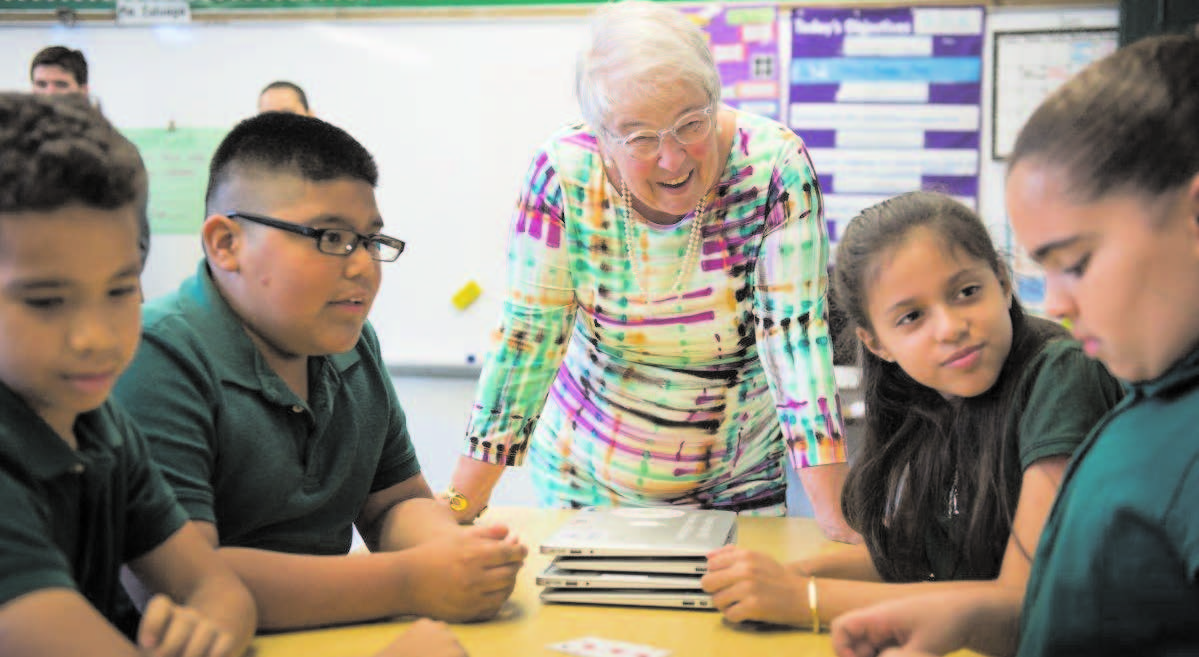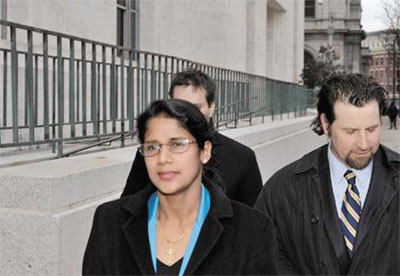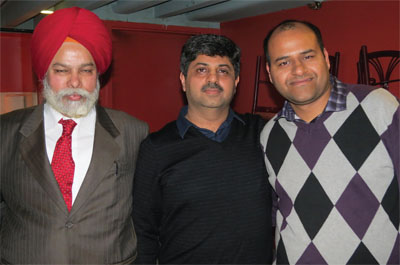
NEW YORK CITY (TIP): The nation’s largest public school system roars back to life Thursday as more than a million New York City kids return to class.
As families and students scramble to get ready for the new school year, they will encounter a system at a pivotal moment, as it tries to restore some of the city’s struggling schools while making classrooms more diverse.
City schools boss Carmen Fariña and Mayor de Blasio are fighting to build on the administration’s successful roll-out of universal pre-kindergarten programs, and critics still say they are doing too little. In an exclusive interview with the Daily News on Wednesday, Fariña outlined her plans to invest more money in strapped schools to create a more level playing field.
“Right now I’m grinning from ear to ear. Anything is possible,” gushed Fariña, 73, a veteran of both the classroom and school politics. She is entering her 51st year as an educator working in the city schools.”Every child will achieve, every parent will be happy and every teacher will feel their best,” she added. “That’s what I hope to do over the course of the year. I’m very excited.”
In her third full year leading the public schools under Mayor de Blasio, Fariña said she intends to build on new programs that bring added social services to hundreds of schools.
She also aims to boost academics – particularly reading – with the addition of hundreds of literacy coaches. Believing that second graders are entering a pivotal year with language skills, she has a goal, she says, to have them all read at grade level.
Much of Fariña’s efforts will hinge on the twin concepts of equity and excellence first unveiled by Mayor de Blasio in an education policy speech in October.
The public schools will be rolling out a slew of programs to increase the use of guidance counselors, take students on college visits and promote Advanced Placement classes.
Fariña will also be doubling down on the city’s efforts to overhaul 94 troubled schools that have posted mixed results despite the city’s efforts to fix them with an investment of $761 million in added services and staffers.
The city will look to close or combine some of those struggling schools that have resisted improvement, Fariña said.
She will also work to improve diversity in the city’s schools – including some that are the most racially segregated in the nation.
More schools are setting enrollment targets to promote diversity, Fariña said, and the city will hold a series of meetings across the city with parents and educators to build on those efforts. Overall, her goal is to improve upon a citywide high school graduation rate of just over $70, to bring it to 80% by 2026, Fariña said. “We need to make sure we have student achievement where it needs to be, so our students will graduate and get good jobs and be productive citizens,” she added.
Critics, such as Brooklyn College education professor David Bloomfield, have faulted Fariña and de Blasio for failing to produce a sea change for a school system where just 38% of students passed state reading tests in 2016.
He says he doesn’t trust the administration’s metrics.
“De Blasio promotes no vision, so he is constantly criticized, without the ability to announce large scale success, just new programs and suspect data points,” Bloomfield said.
Bronx public school parent and education activist Tracy Woodall shares Bloomfield’s impatience with the public schools’ slow transformation under de Blasio. “I’ve met so many teachers who want to be innovative in the ways they teach kids but feel stifled,” said Woodall. “The whole system needs to be changed.”





Be the first to comment